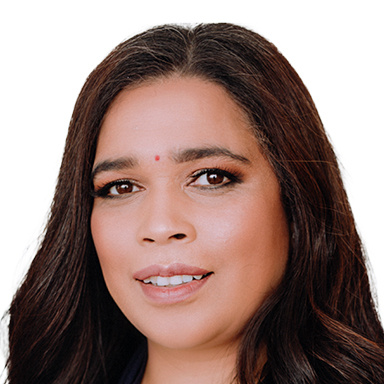A cancer diagnosis is not an easy one to receive. And once it’s made, patients and medical professionals embark on an intense journey together that often involves chemotherapy in different forms. A Mediclinic expert explains more.
Just as many types of cancer exist, so do different types of chemotherapy, which are administered in different forms, depending on the tumour targeted. Your oncologist will determine which form of chemo will be most effective, and whether it should be used together with other types of therapy.
Ways to administer chemotherapy
Many people imagine chemotherapy as a process in which the patient is hooked up to an IV bag to receive treatment. In truth, though, chemo may also be administered as a pill or injection, directly into a vein or through a port, or even in the form of a cream.
Although all types of chemotherapy aim to kill the fast-growing cancer cells, different types of drugs are available, each fighting the disease. In different ways. “For example, while some stop the cells from growing and others destroy the cells’ DNA, there are also those that prevent the cells from reproducing or starve the cells to death,” says Dr Charleen Muller, an oncologist at Mediclinic Louis Leipoldt.
In all cases, the end goal is the same: chemo is prescribed either to cure the cancer by destroying all cells; to prevent the cancer from spreading to other parts of the body; or, if the cancer cannot be cured, to shrink tumours so that they cause less pain.
The most significant difference between chemo and other treatment, such as radiation and surgery, is that while these target specific body parts, chemotherapy acts throughout the entire body.
Your treatment plan
Because the side-effects of chemo can cause discomfort, your oncologist will consider whether potential gains outweigh the disadvantages. Your treatment plan will also consider your height and weight to determine the correct dose, your general health, any chronic medication you use, the type of cancer, and how far it has advanced. These factors will affect the length of the treatment although chemo is usually administered in cycles, so your body has a chance to rest between doses.
The treatment itself is administered by an oncology nurse, who can answer all your questions, and advise on alleviating the side-effects. Your nurse will also provide emotional support, which is important because many chemo patients experience depression.
Preparing for chemotherapy
Before starting treatment, there are some things to think about that make it easier to cope. it’s a good idea to discuss the potential side-effects with those close to you and organise help at home for you and your family. Also arrange things like freezing food beforehand or organising a meal delivery service. Speak to your employer about taking time off and possible side-effects so they can make the necessary accommodations while you’re under treatment.
Also remember to tell your medical team about any other medicines you’re taking, including herbal or over-the-counter preparations, as these might interact with the chemo drugs.
What happens next
One of the major side-effects of chemotherapy is fatigue. You might also find that your hair and nails are affected because these are made from fast-growing tissue, which the drugs are unable to distinguish from cancer cells. Loss of appetite is common, along with nausea and vomiting, anaemia, constipation or diarrhoea, and brain fog. A more serious concern is the risk of infection, as chemo causes a decline in infection-fighting white blood cells.
As unpleasant as these symptoms may be, there are ways of managing them. For example, reduce the risk of infection by avoiding people you know to be sick, wash your hands regularly, and use hand sanitiser and masks. Lack of appetite may be a problem because your body needs nutrients to maintain strength at this time; it may help to eat small meals at frequent intervals or to focus on cold foods, rather than heavy, hot meals. Your multidisciplinary medical team will be able to provide advice to minimise discomfort.
Remember, too, that the symptoms will last only for the duration of the treatment, or a few days after it has ended.
To find an oncologist near you, go to www.mediclinic.co.za
Further publications on the topic
Doctors 1


